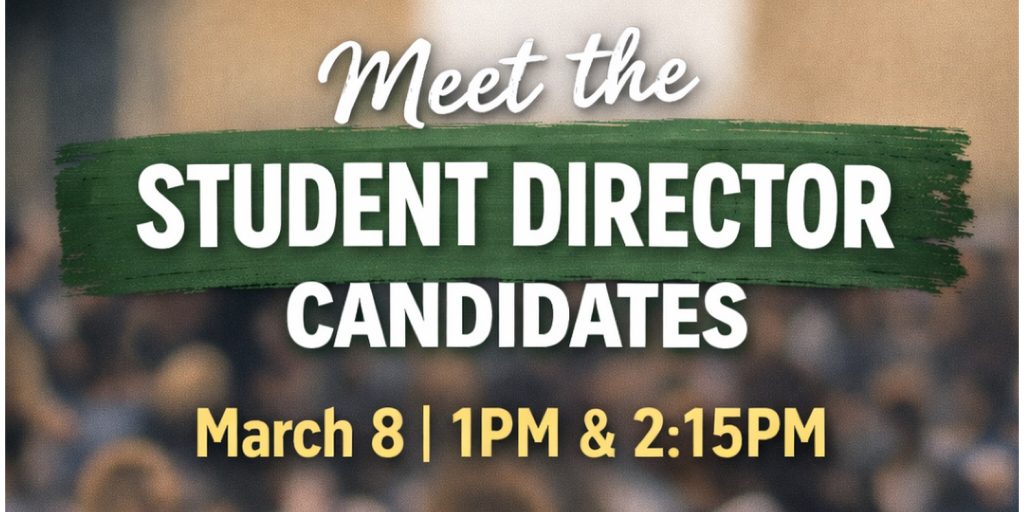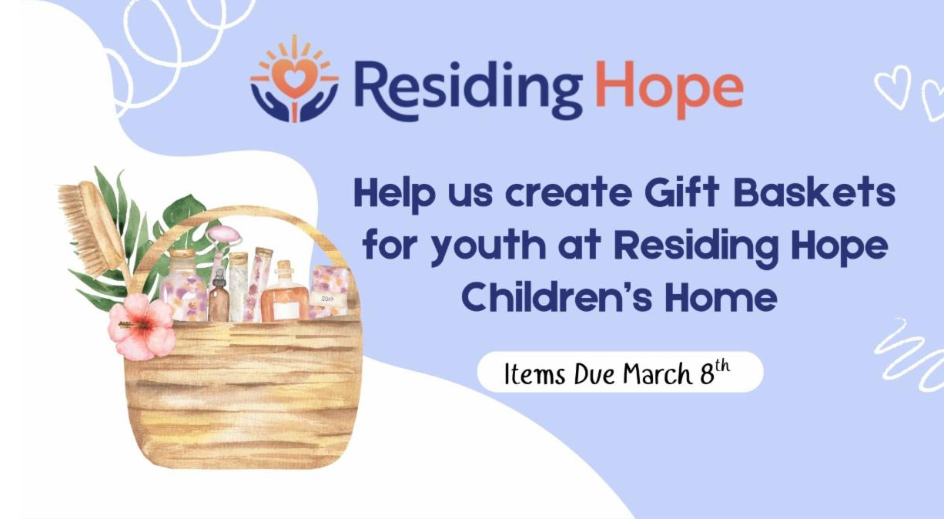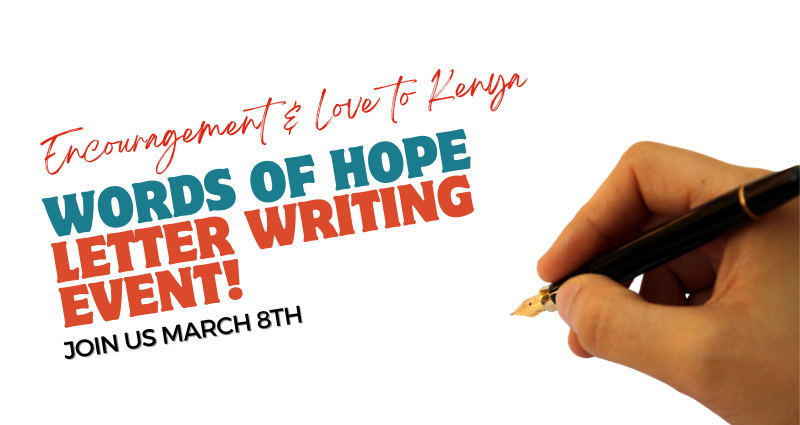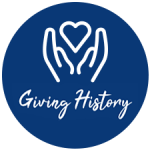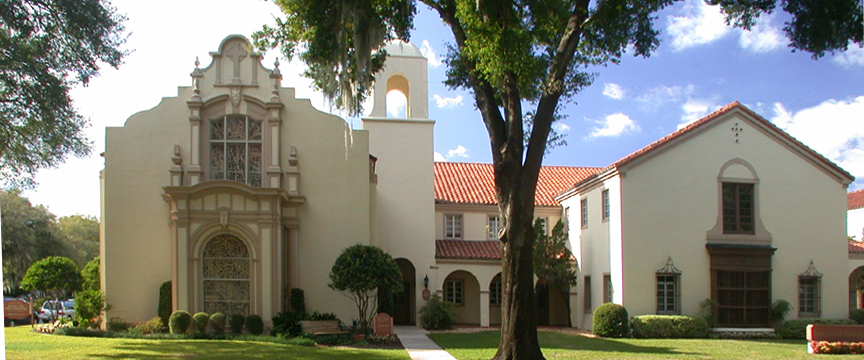Before I introduce you to one of my favorite female theologians, I want to invite you to participate in one of our many opportunities to repent, remember and contemplate on Ash Wednesday, February 14.
Next Wednesday morning, the Pastors will be giving ashes to our 300 children and 71 teachers at our two preschools in the morning Chapel services, and then in the evening, you are invited to our Ash Wednesday family experience with a potluck meal, prayer stations, and a shortened worship service starting at 7pm.
If you have a free hour during lunch, or you can’t make the evening service, I invite you to come to the Chapel from 12-1pm for a time of quiet meditation and the imposition of ashes. I will be offering ashes and a quiet place to pray and I would be honored to pray with you at the altar if you would like. Ash Wednesday is a full and holy day to experience God’s love and the reality of our own mortality and so I hope you will be able to participate with us next week.
Now on to the task at hand. A female theologian whom I have read from a lot over the last two years is the Rev. Dr. Barbara Holmes, who frequently writes for the Center for Action and Contemplation. I have mentioned before how life giving the devotions on CAC (Center for Action and Contemplation) have been for me ever since they were introduced to me by my Spiritual Director. Now I read the daily devotions, prayers, poems, and I am drawn deeper on the journey of Contemplation. Rev. Dr. Barbara Holmes writes many of these devotions and in early January, she considered the collective resilience needed in times of crisis. She writes:
“Where is your community hurting? Where can you be of help to that community? What resources and gifts do you possess that will enhance the healing of your own body and of your community? As a village, we have a sacred duty to respond to the crises of oppression and injustice. We have a responsibility to respond to the suffering of others around us. But first, we have to figure out who we are, how we’re going to show up, and how we’re going to work with others, our neighbors, in a communal response to crisis.”
I have to admit, I was really struck with the first question. Where is your/our community hurting? That question gave me pause and I had to really think it over. To know the hurting of our community, means we know, I mean really know, our community. It means that we have relationships with those we have affinity towards as well as those that don’t look, dress, vote or live like we do. That was how the early church grew and I am convinced it is how the Church of Jesus Christ today will grow as well. By really knowing the communities we find ourselves in and then meeting the needs of those who are hurting.
Maybe this will be a challenge for you to consider this Lenten season; to really look for the hurting in the spheres of influence you find yourself in. And then ask God to reveal the gifts and resources you might already have that can bring about some healing.
If you haven’t had a chance to read or listen to the Rev. Dr. Barbara Holmes, she is quite an amazing woman. She is a spiritual teacher, activist and author who has many degrees including a Divinity and Law degree as well as a PhD and she is also one who over and over again in her life chooses to see joy in the midst of suffering. She has some good words for us in this short video if you have a few extra minutes to hear what breaks her heart and how she leans on God when she sees hurt in her community. I hope it is a blessing to you.
Today’s Video: Emerging Wholeness
By Rev. Dr. Barbara Holmes
In order to view this video, you will need to enter your email address. This will not add you to any mailing list. This organization does not send you spam or sell your email.
